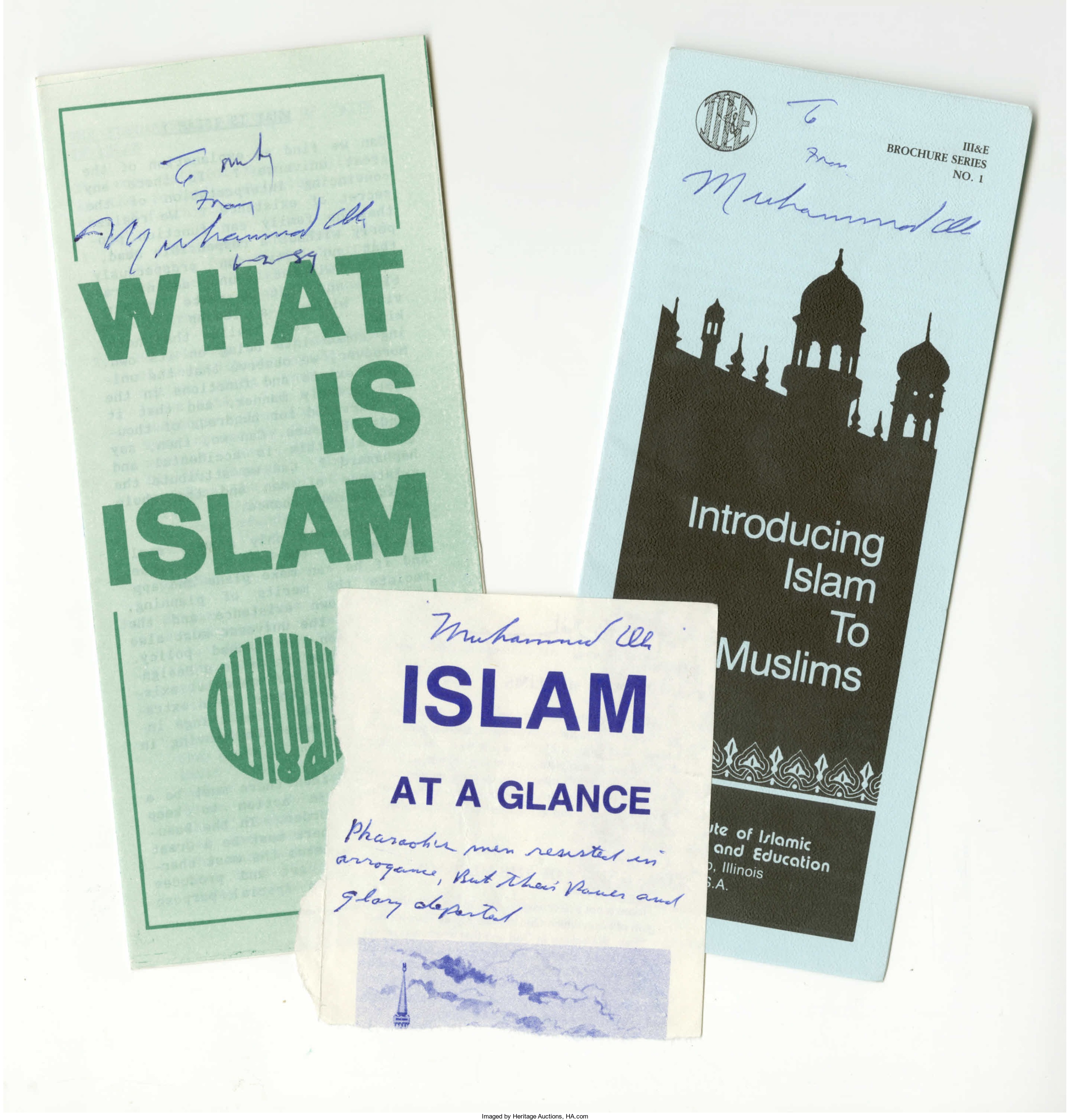
By Jim O’Neal
Revered by Muslims as the prophet of the Islamic faith, Muhammad laid the foundations for the emergence of the Islamic Empire. He was the religion’s political and military leader as much as its spiritual head. He was born in Mecca in 570 after the death of his father. His mother died when he was 6, so he was left in the care of an uncle, who employed him to manage caravans trading with Syria.
In his late 30s, he made regular prayer trips to a cave in Mount Hira, where he eventually received his first revelation from the angel Gabriel. He began preaching and slowly gained a small but loyal following.
Exiled from Mecca in 622 because of his faith, he traveled to Yathrib (on a journey that became known as the Hijra), where he gained vast numbers of new followers and ultimately organized the city into a unified Islamic capital. The city was renamed Medina (“the City of the Prophet”) and Muhammed created a constitution for the state – the Constitution of Medina – which formed the basis of an Islamic tradition.
The Constitution addressed the rights and duties of every group within the community, the rule of law and the issue of war. It recognized the Jewish community of Medina and agreed to mutual obligations with them. Among its edicts was a requirement that all religious members fight as one force if the community came under threat.
The intent was to ensure peace within Medina, while Muhammad gathered followers and soldiers to conquer the Arabian Peninsula. “Whenever you differ about a matter, it must be referred to God and to Muhammad.” Since God spoke through Muhammad, his word carried unquestioned authority.
Islam is the name of the religion (such as Judaism and Christianity), while “Islamic” is an adjective and does not refer to a person. A follower of Islam is a Muslim, and the majority believe the Prophet Muhammad is the final prophet of God, according to the Quran and hadiths (prophetic sayings). Muslims overwhelmingly revere Jesus, and the Quran emphasizes Jesus was a great prophet of God, but, like other prophets, was only a human being.
By the time of Muhammad’s death in 632, nearly all the people of Arabia were Muslims, and today, 1.4 billion across the world are devout followers. More than 50 countries boast of having majority Muslim populations.
 Intelligent Collector blogger JIM O’NEAL is an avid collector and history buff. He is president and CEO of Frito-Lay International [retired] and earlier served as chairman and CEO of PepsiCo Restaurants International [KFC Pizza Hut and Taco Bell].
Intelligent Collector blogger JIM O’NEAL is an avid collector and history buff. He is president and CEO of Frito-Lay International [retired] and earlier served as chairman and CEO of PepsiCo Restaurants International [KFC Pizza Hut and Taco Bell].
